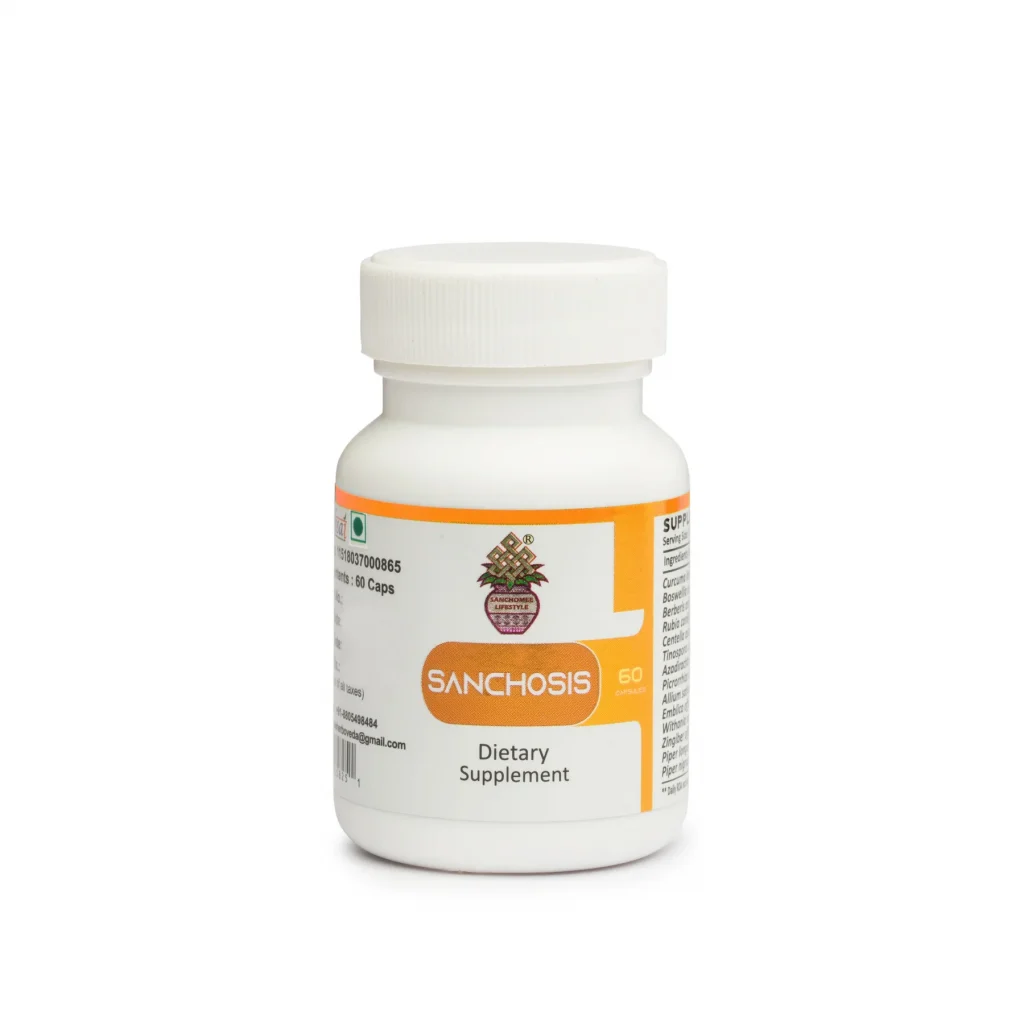The word eczema is derived from a Greek word, which means, “to boil out.” It is also known as dermatitis, a noncontagious, inflammatory skin condition that is characterized by severe itching, redness, oozing and scaly rashes. It usually appears in early childhood followed by food allergies, asthma and hay fever. It’s a very common condition and affects people of all races and ages. For most people, it improves with time, but for some it’s a chronic and recurrent disorder.
Types of Eczema
a) Atopic dermatitis ; A common condition, which makes the skin red and itchy. It’s a long lasting (chronic) condition accompanied by asthma or hay fever.
b) Contact dermatitis ; A rash that crops up on the skin when one touches or has a reaction to a certain substance. It’s not life-threatening, but very uncomfortable.
c) Dyshidrotic dermatitis ; A common condition among women. It causes itchy, scaly patches on fingers, palms of the hands and soles of the feet.
d) Dyshidrotic dermatitis : It causes irritation on the palms and soles of the feet. It is characterized by blisters.
e) Neurodermatitis ; Occurs due to a localized itch, such as insect bite. It forms scaly patches of skin on the head, forearms, wrists and lower legs.
f) Nummular dermatitis ; A common condition among men. It causes dry, round patches of skin on legs during the winters.
g) Allergic contact dermatitis ; A skin reaction that occurs following contact with a substance or allergen that the immune system recognizes as foreign.
Symptoms of Eczema
The symptoms vary depending on a person’s age and the severity the individual is currently suffering.
As time passes some people notice their symptoms improve or clear up.
Common symptoms are
-
Red, itchy rashes on skin.
-
Dry, rough or scaly skin
-
Small, fluid-filled blisters
-
Cracked or broken areas of skin
-
Open, crusted or weeping sores
-
Rashes on elbows, knees, nape of the neck and the full body.
-
Skin infections
Causes of Eczema
Though the exact causes of eczema is unknown, but it’s triggered by an overactive immune system that responds aggressively when exposed to irritants. But according to researchers it can arise due to combination of genes and environmental triggers.
It can flare-up when one or more eczema symptoms appear on the skin. Common triggers include:
-
Harsh chemicals found in cleaners and detergents.
-
Rough scratchy material and synthetic fabrics.
-
Raised body temperature and low humidity.
-
Excessive heat, aggravate itchiness and scratchiness.
-
Sweating and stress
-
Food allergies post eating specific food items.
-
Allergens such as pet dander or dust mites.
-
Upper respiratory infections
-
Heavy fragrances of cosmetics, soaps, detergents and lotions
Preventive Measure For Eczema
a) Moisture the skin post shower with either petroleum jelly or mineral oil.
b) Take bath with lukewarm water.
c) Use a humidifier in the house during winter.
d) Wear clothes make of 100% cotton.
e) Protect skin from incontinence, dust, water, solvents, detergents and injury.
f) Give cool therapy to eczema infected area.
g) Exercise regularly, mediate and manage stress.
Treatments of Eczema
With proper medication, skin creams, light therapy and good skin care symptoms of eczema can be reduced. Secondly by improving lifestyle changes and consumption of certain foods play a pivotal role in treating skin related diseases and disorders.
One such health supplement is ‘Sanchosis Capsules’, a purely herbal product specifically designed for skin care (psoriasis and eczema). With best quality standardized extracts of Turmeric, Daruhalad, Manjistha, Neem, Shallaki and Guduchi, the capsules banish wrinkles, provides a radiant glow and keeps the skin supple and soft throughout the year.



